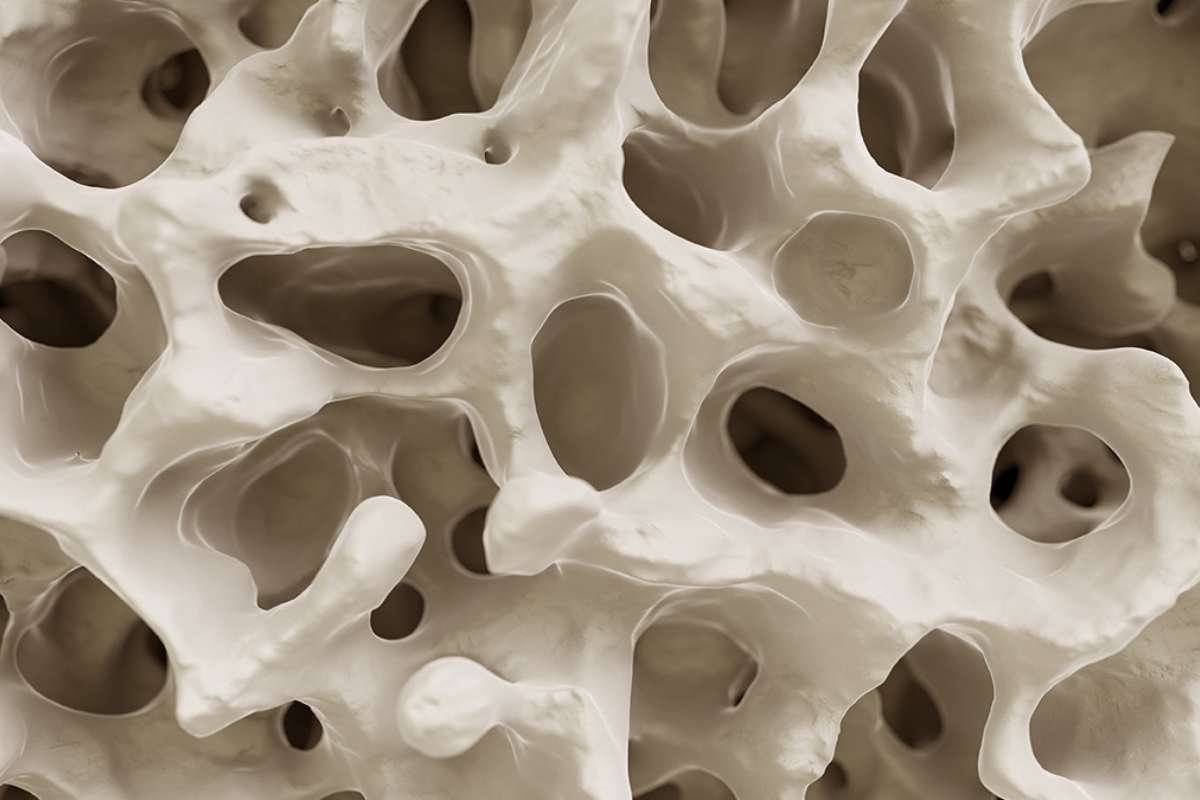Unusual Observations During the Pandemic
The COVID-19 pandemic brought unforeseen challenges and, surprisingly, some potential breakthroughs in medical science. Doctors began noticing that a few cancer patients who became severely ill with COVID-19 experienced slower tumor growth or tumor shrinkage. These anecdotal observations sparked curiosity among researchers, leading to questions about whether the body’s heightened immune response to the virus was also targeting cancer cells.
Dr. Ankit Bharat, chief of thoracic surgery at Northwestern University, recalls the initial uncertainty. “We didn’t know if it was real,” Bharat said. The phenomenon, he speculated, might have been linked to the immune system’s intense activation due to SARS-CoV-2, but confirming this required deeper investigation. Inspired by these peculiar findings, Bharat and his team embarked on a study to uncover whether the immune reaction triggered by COVID-19 could reveal novel cancer-fighting mechanisms or if the connection was merely coincidental. Their research, published on November 15 in the Journal of Clinical Investigation, sheds light on a potentially groundbreaking discovery.
Unraveling the Role of Monocytes
The study explored the behavior of monocytes, a type of immune cell, in the presence of SARS-CoV-2. Ordinarily, monocytes circulate in the bloodstream, alerting other immune cells to the presence of foreign invaders like pathogens or cancer cells. However, some cancer cells exploit monocytes, essentially “reprogramming” them to create an immune barrier around tumors. This manipulation prevents the immune system from detecting and attacking the cancer effectively.
Bharat’s team discovered that during a COVID-19 infection, the SARS-CoV-2 virus altered the behavior of these hijacked monocytes. By attaching to them, the virus effectively restored their original role as immune defenders. These monocytes, now reactivated, began recruiting natural killer cells—the immune system’s primary cancer-fighting cells—to tumor sites. “Where before the cancer was brainwashing the monocytes into protecting the cancer, the virus now helps them to attack cancer,” Bharat explained. This immune reprogramming could pave the way for new therapeutic strategies against cancer.
Implications for Future Cancer Therapies
The findings from this study hint at an intriguing avenue for cancer treatment. By mimicking or amplifying the virus’s ability to redirect monocytes back to their original purpose, researchers could potentially develop therapies that enhance the body’s natural defenses against cancer. The reactivation of monocytes to recruit natural killer cells offers a promising framework for targeting tumors that had previously evaded immune detection.
While the study provides an exciting glimpse into a novel cancer-fighting mechanism, researchers emphasize that more work is needed to translate these findings into viable treatments. Bharat and his team plan to investigate how the immune-modulating effects of SARS-CoV-2 can be harnessed safely without the harmful effects of a COVID-19 infection.
This research highlights the unexpected ways that science can evolve from even the direst circumstances. By studying the immune responses triggered during the pandemic, researchers may uncover new paths to combat one of the most challenging diseases of our time.







